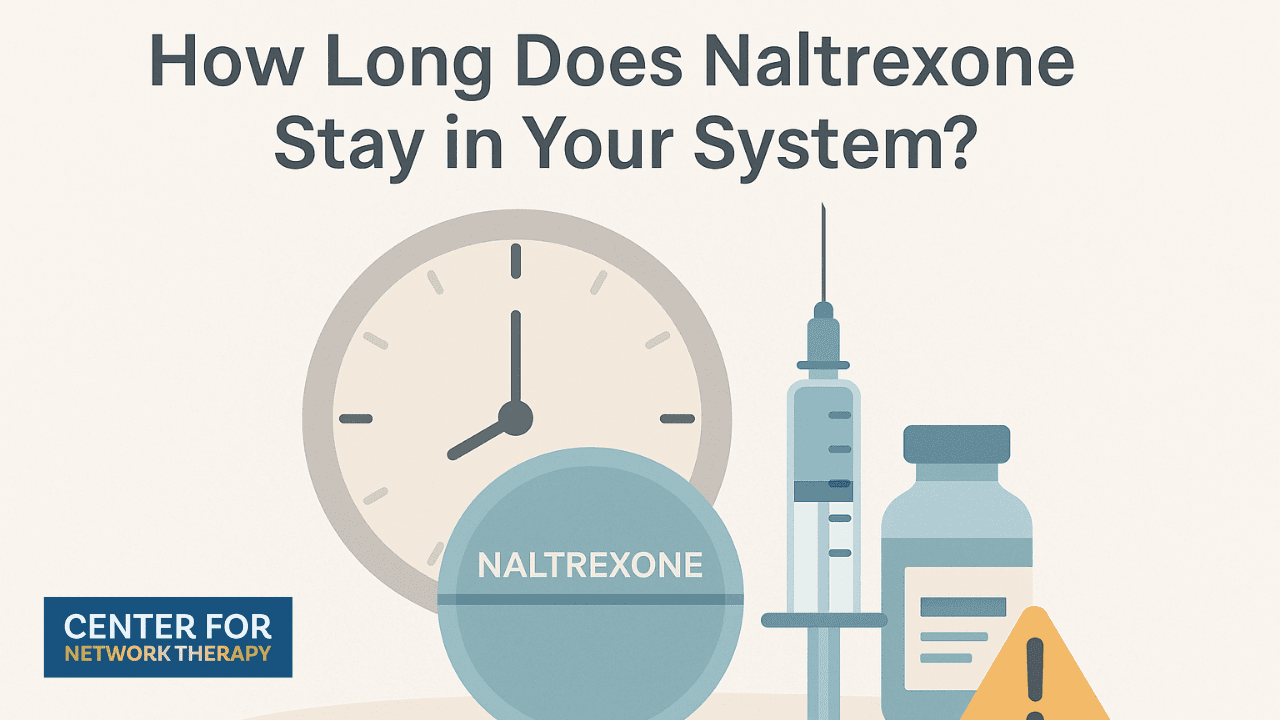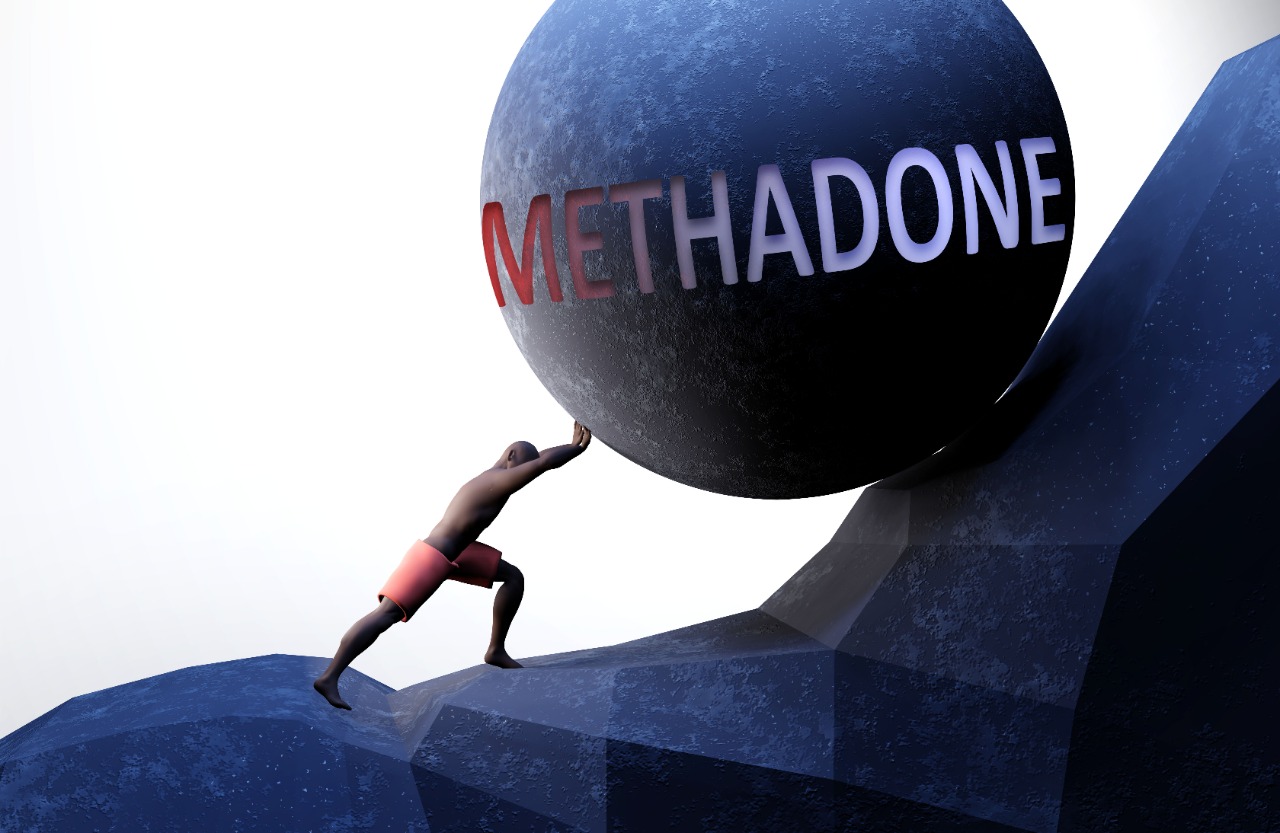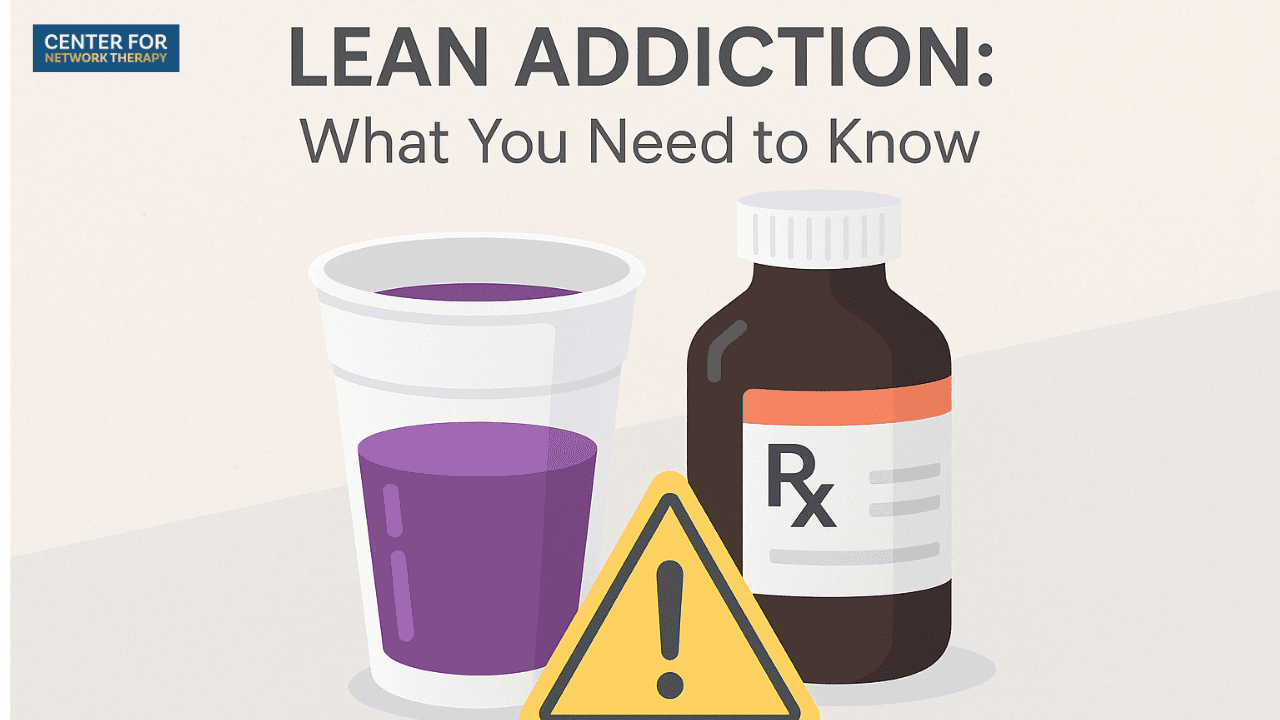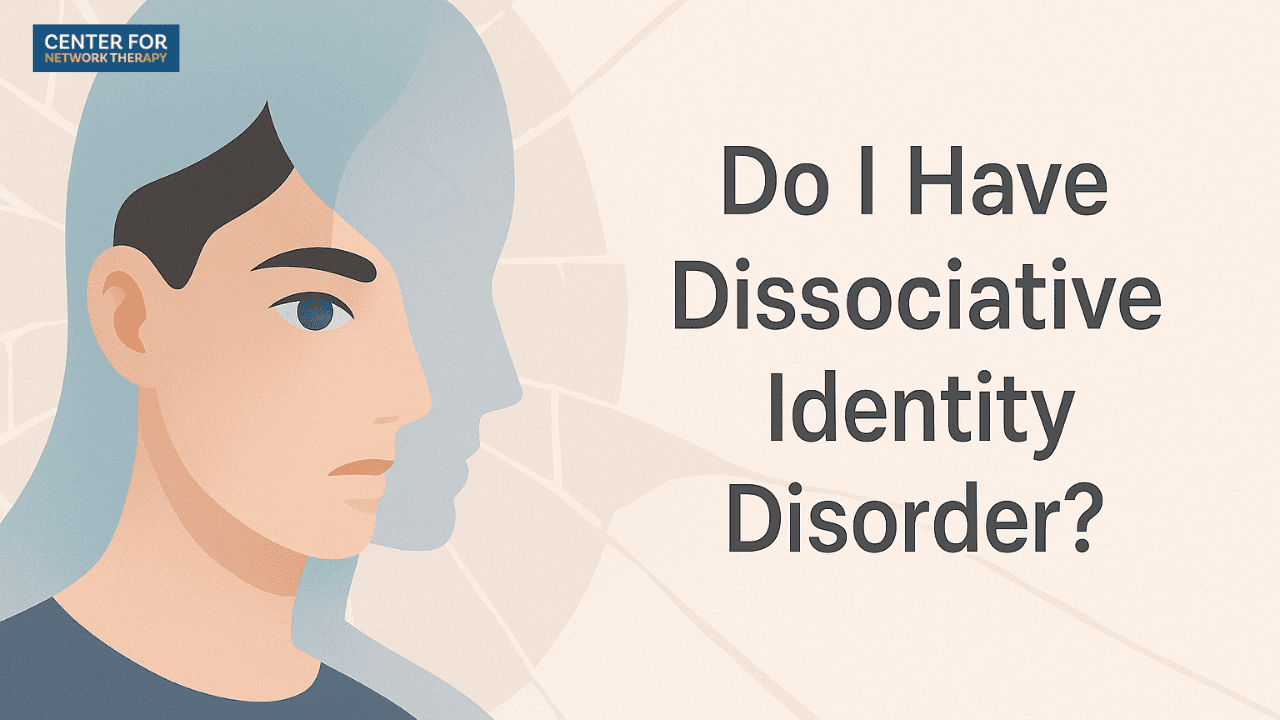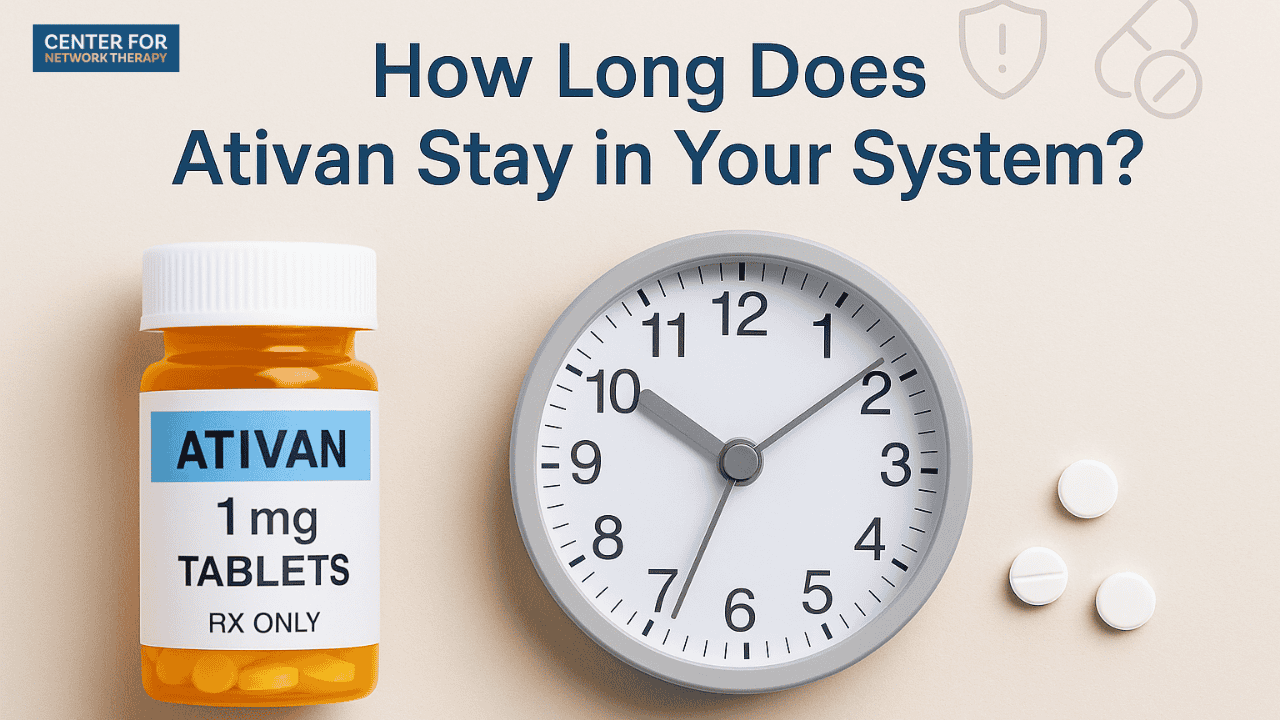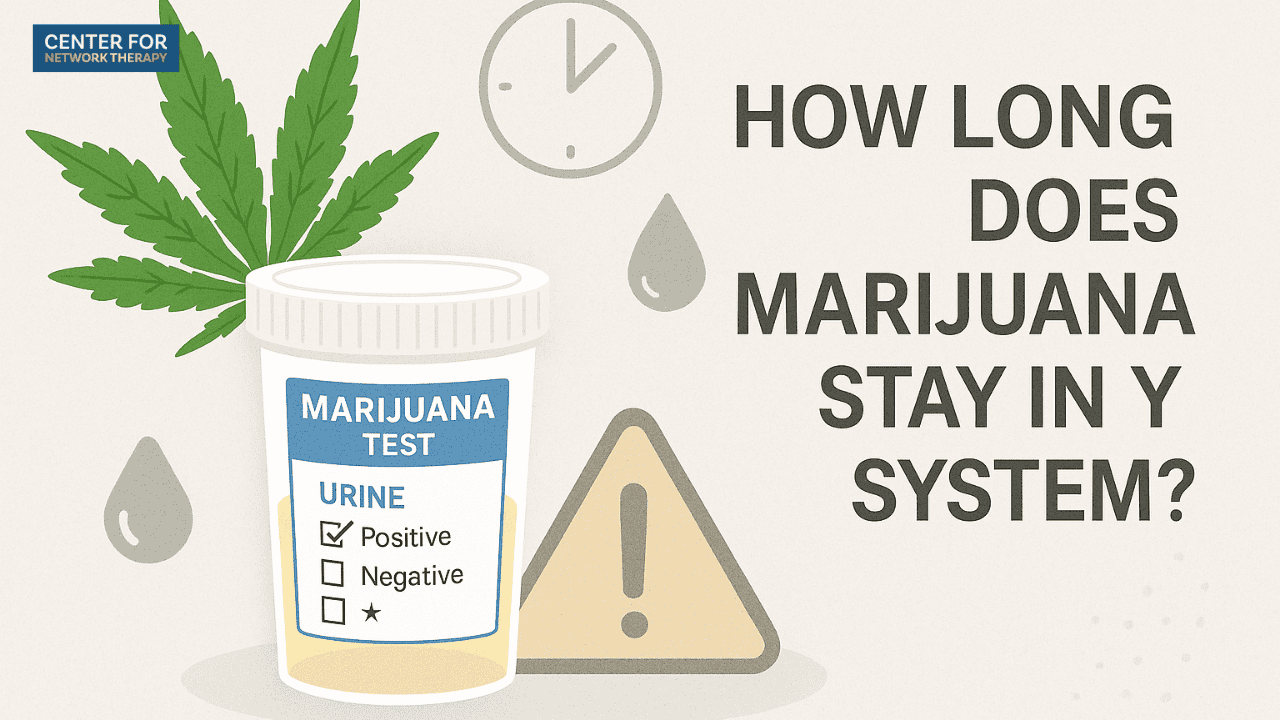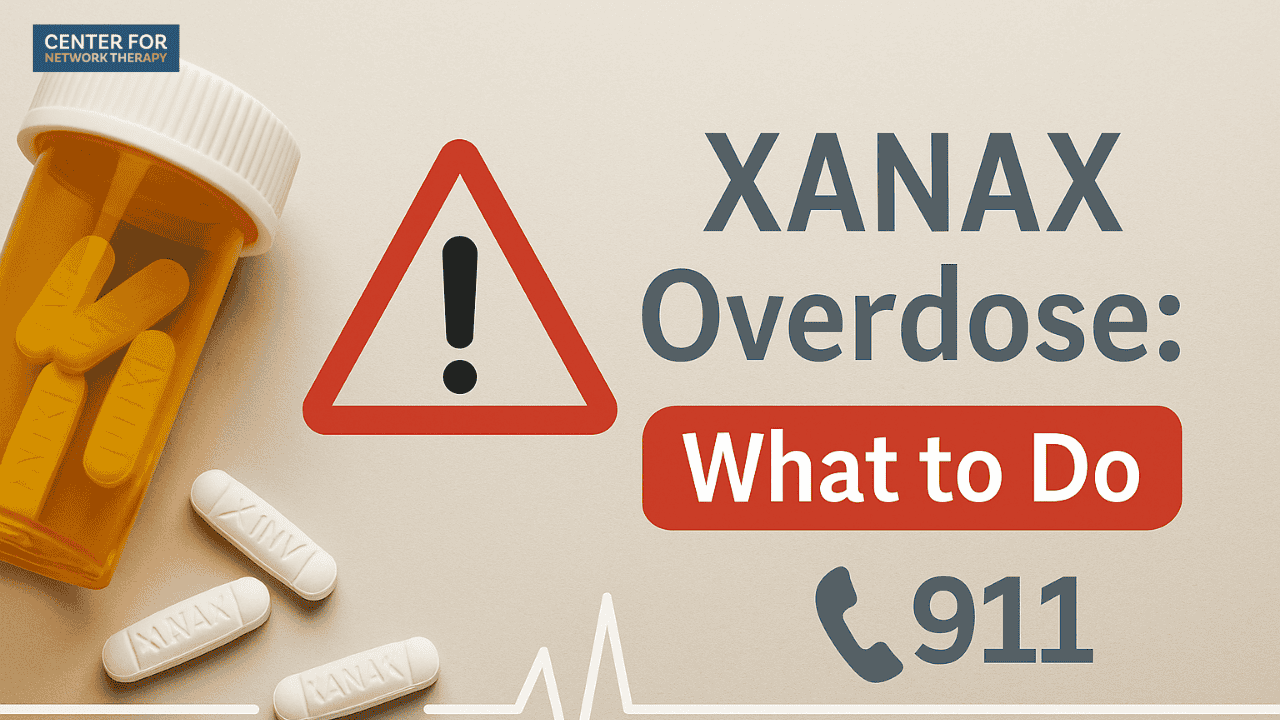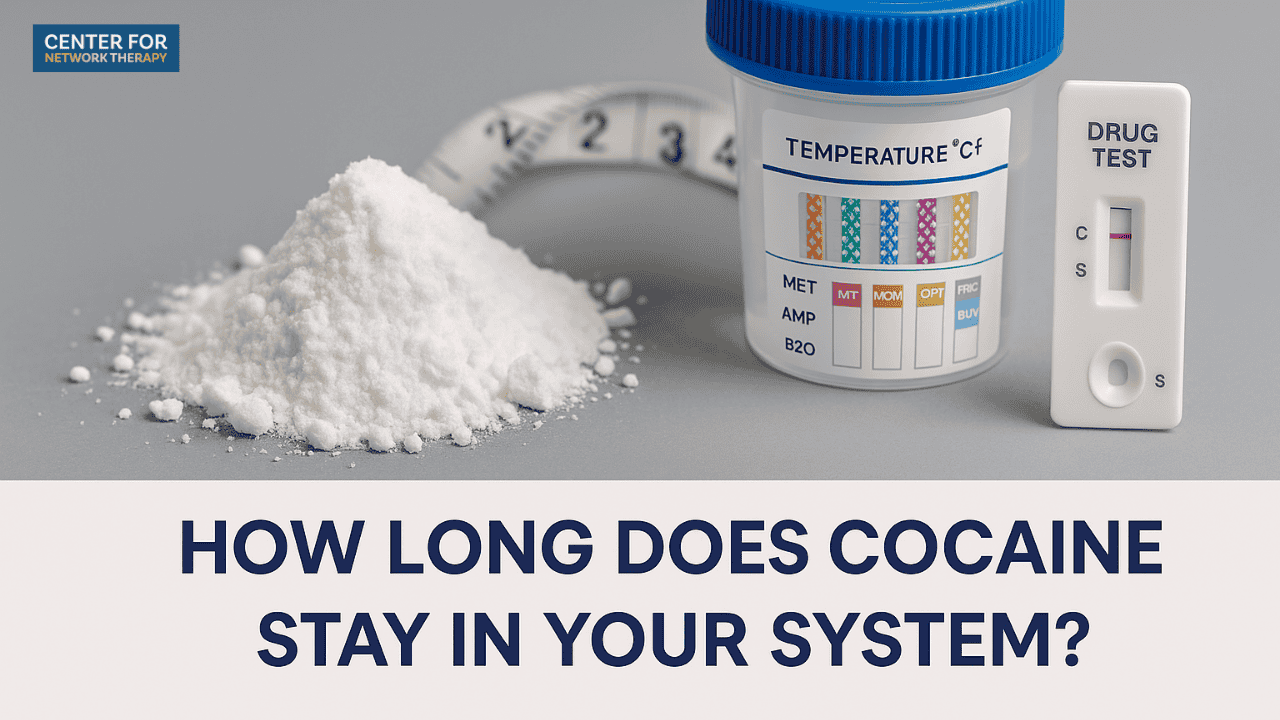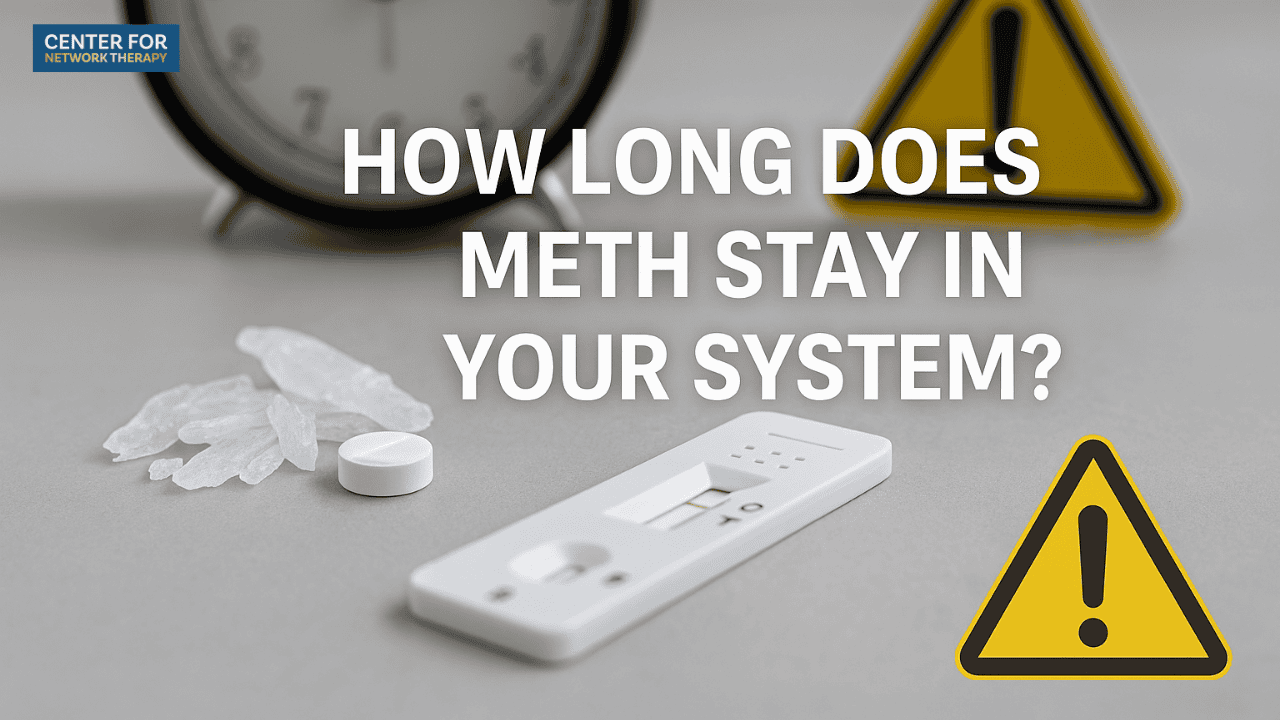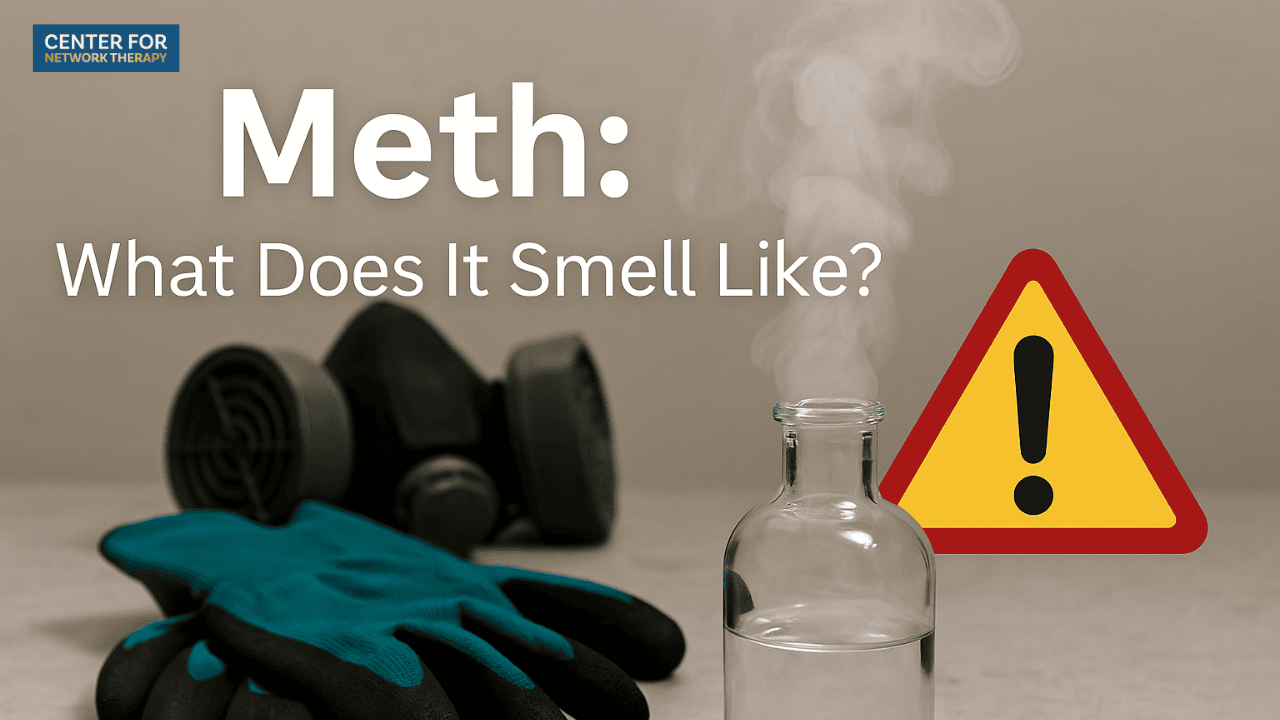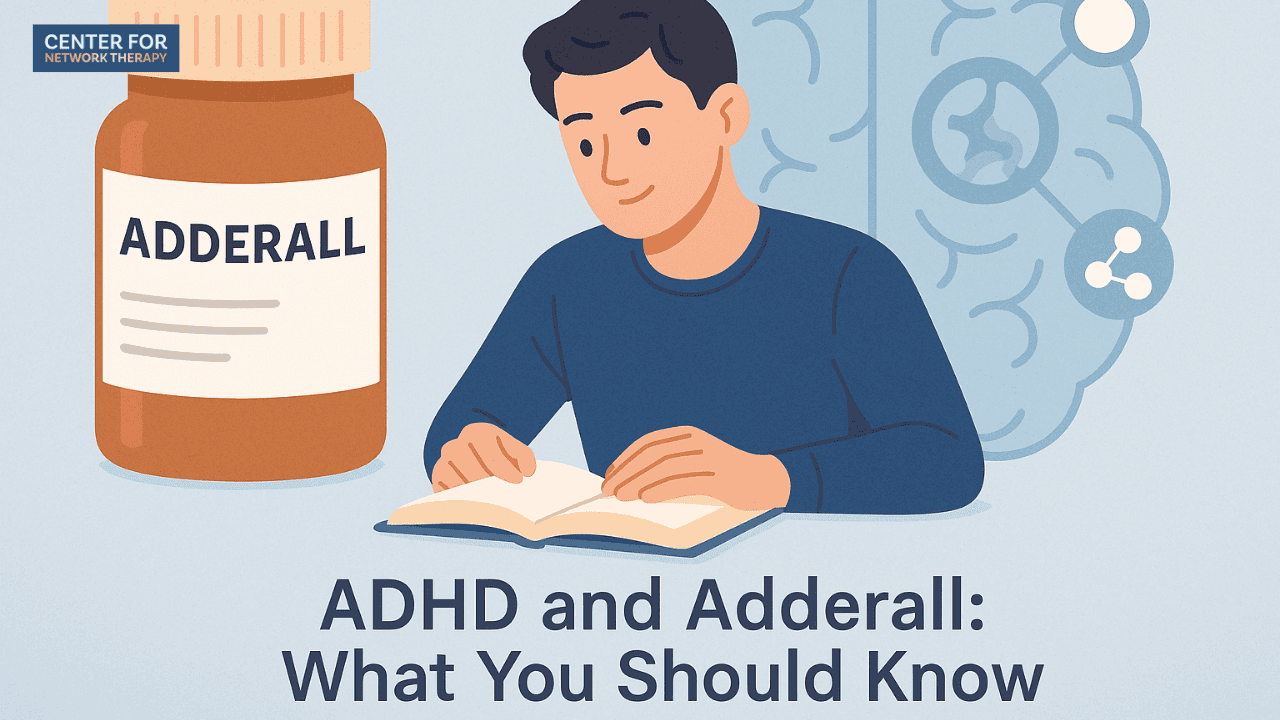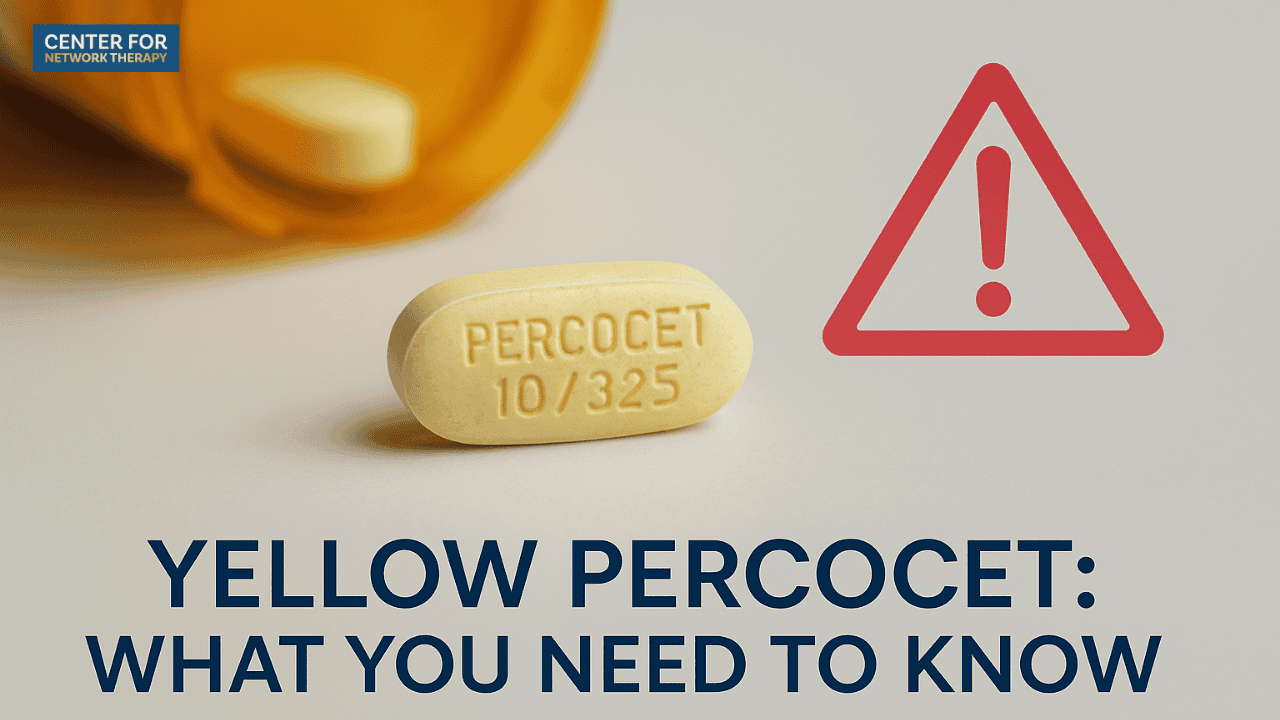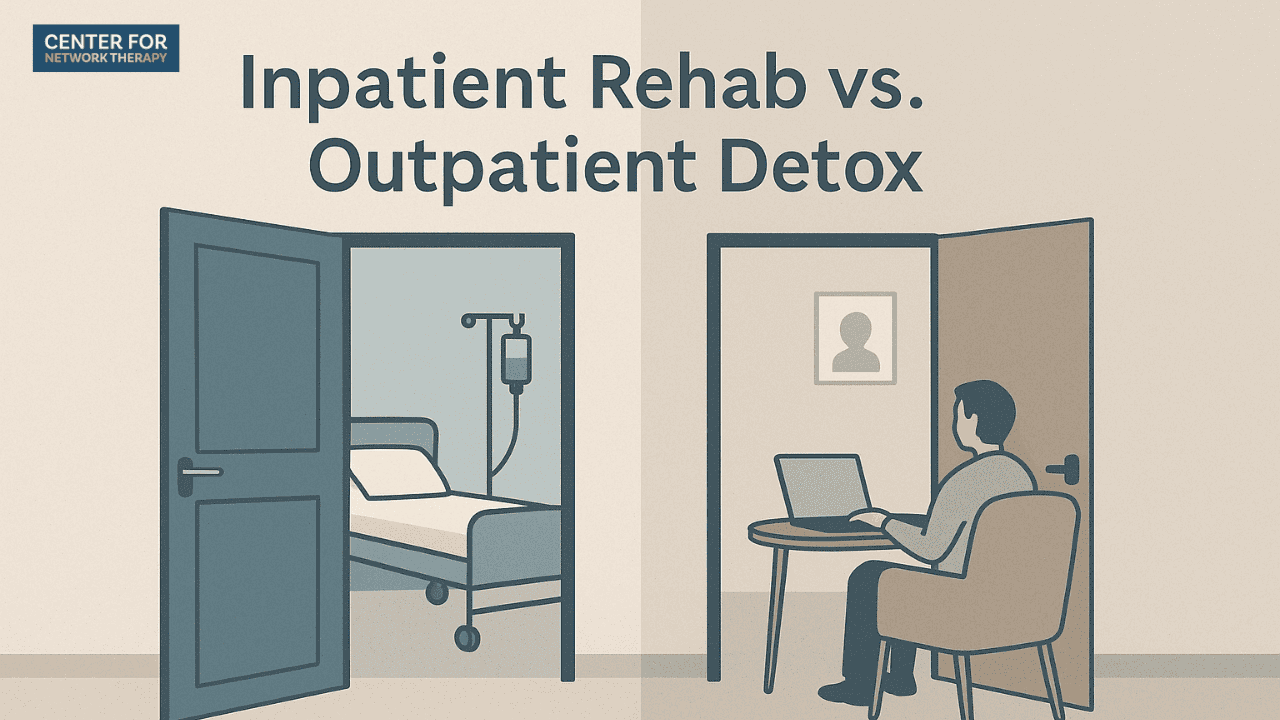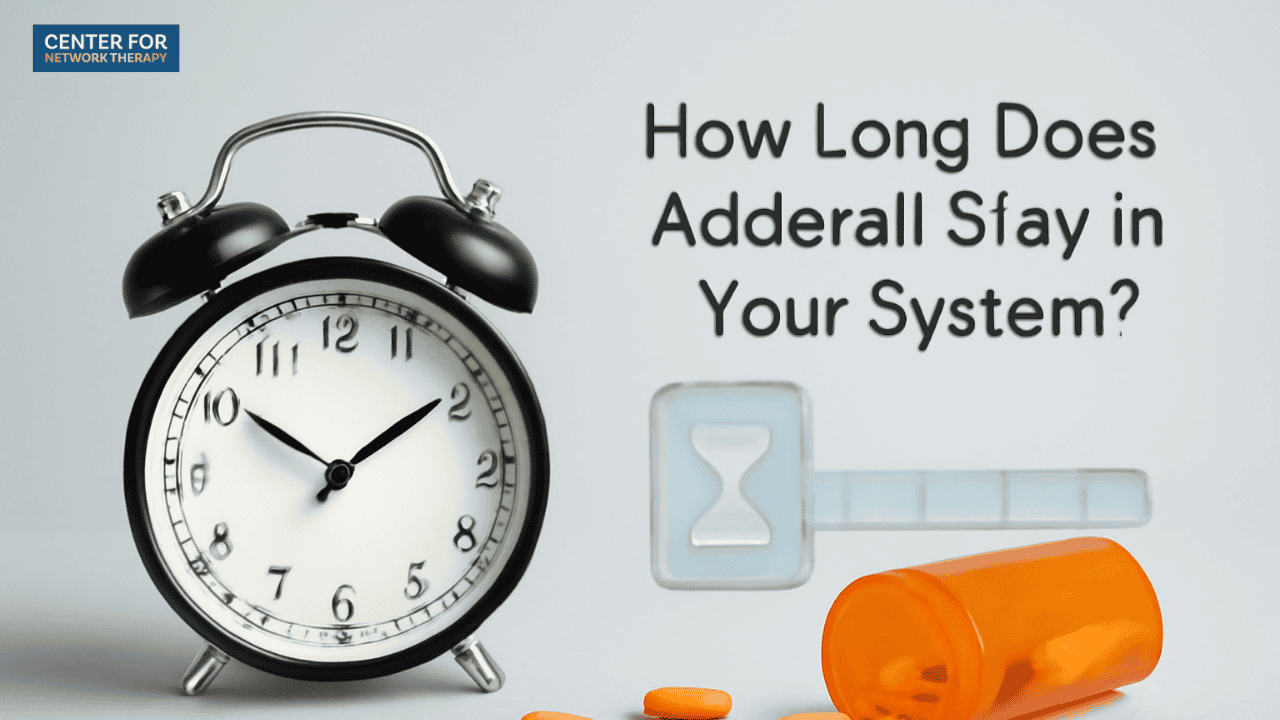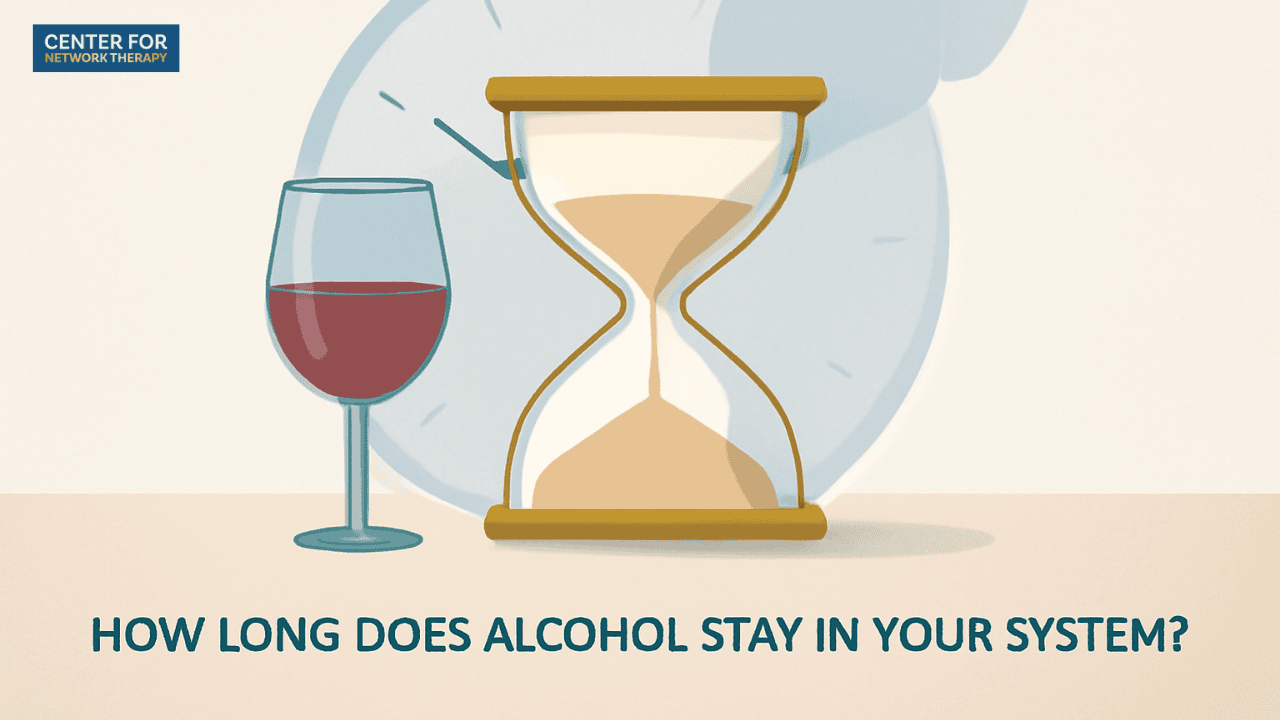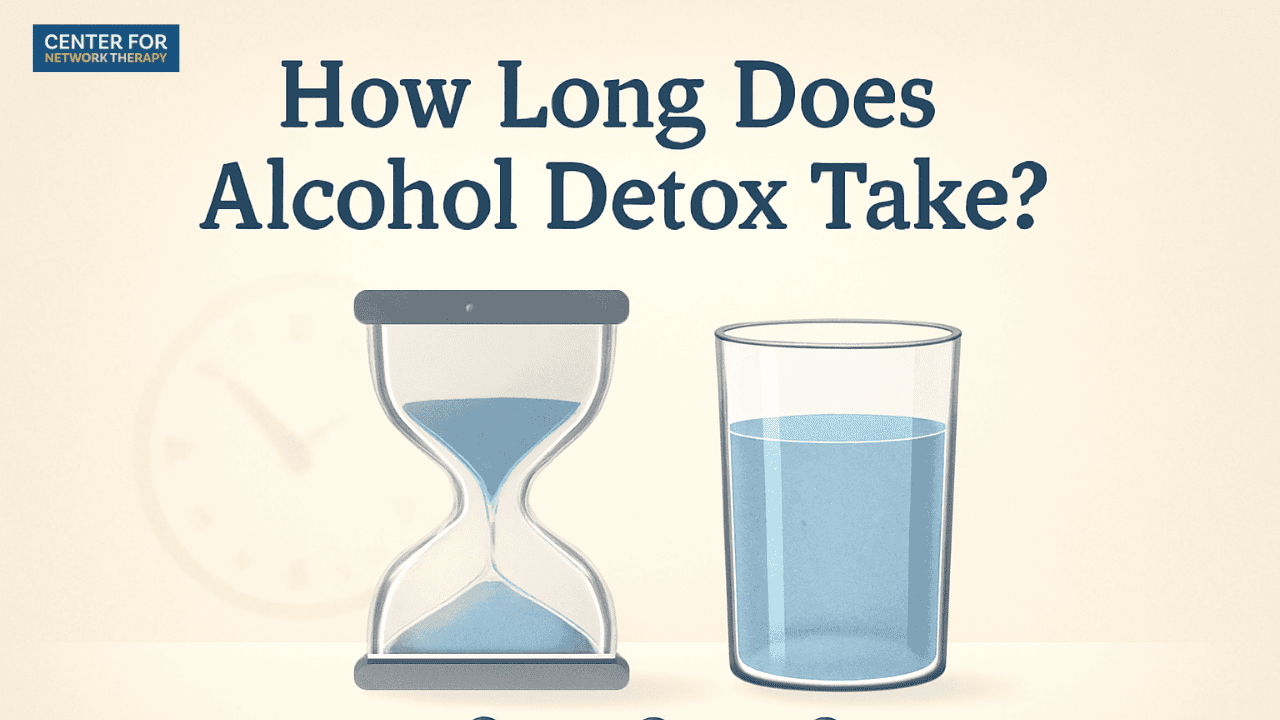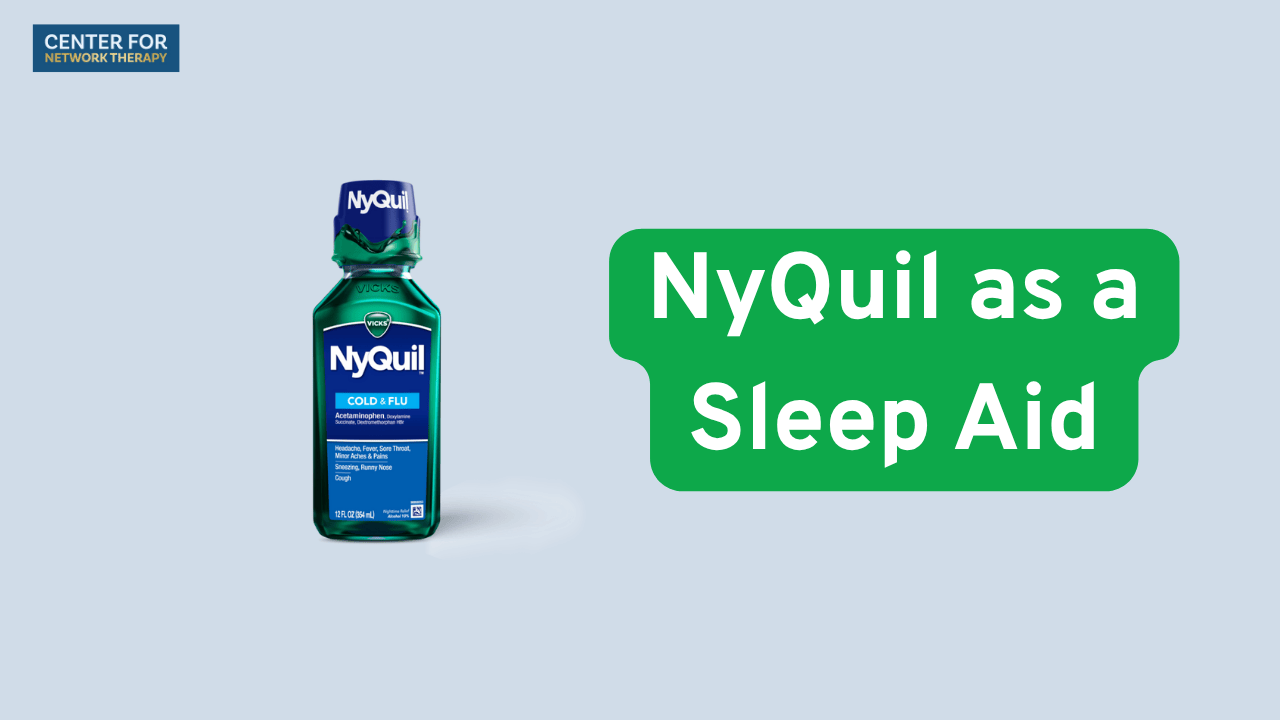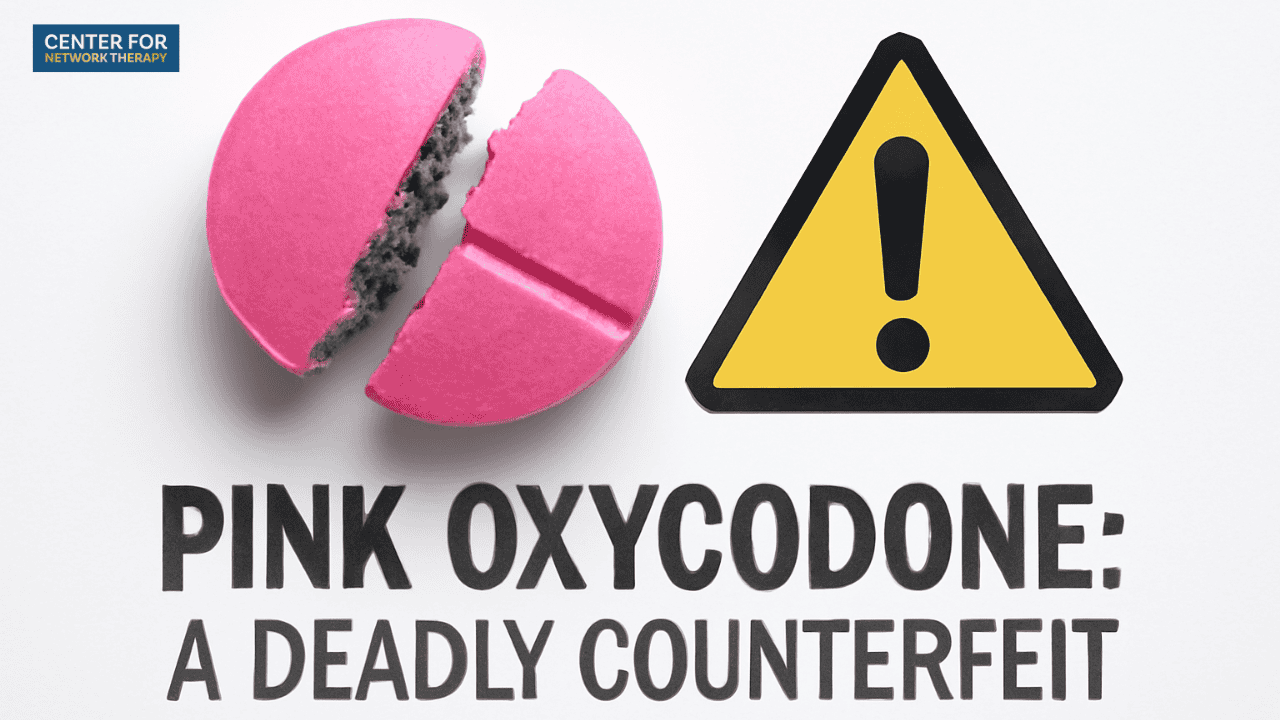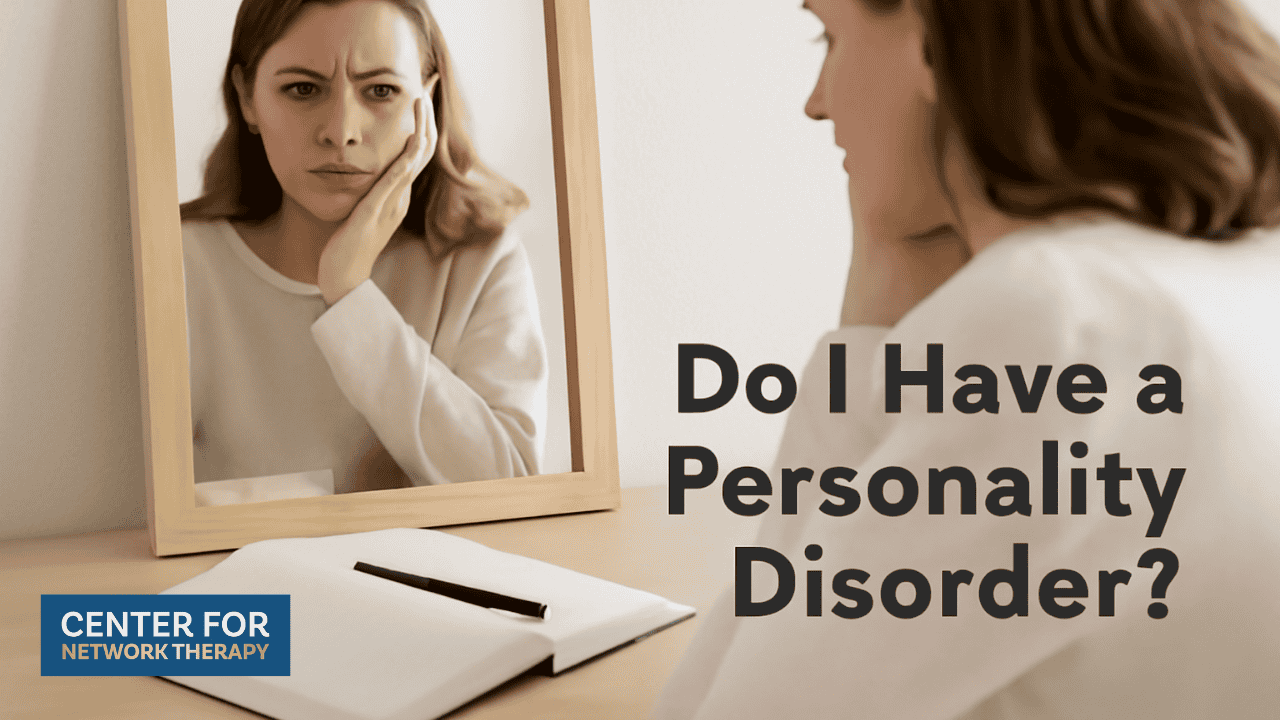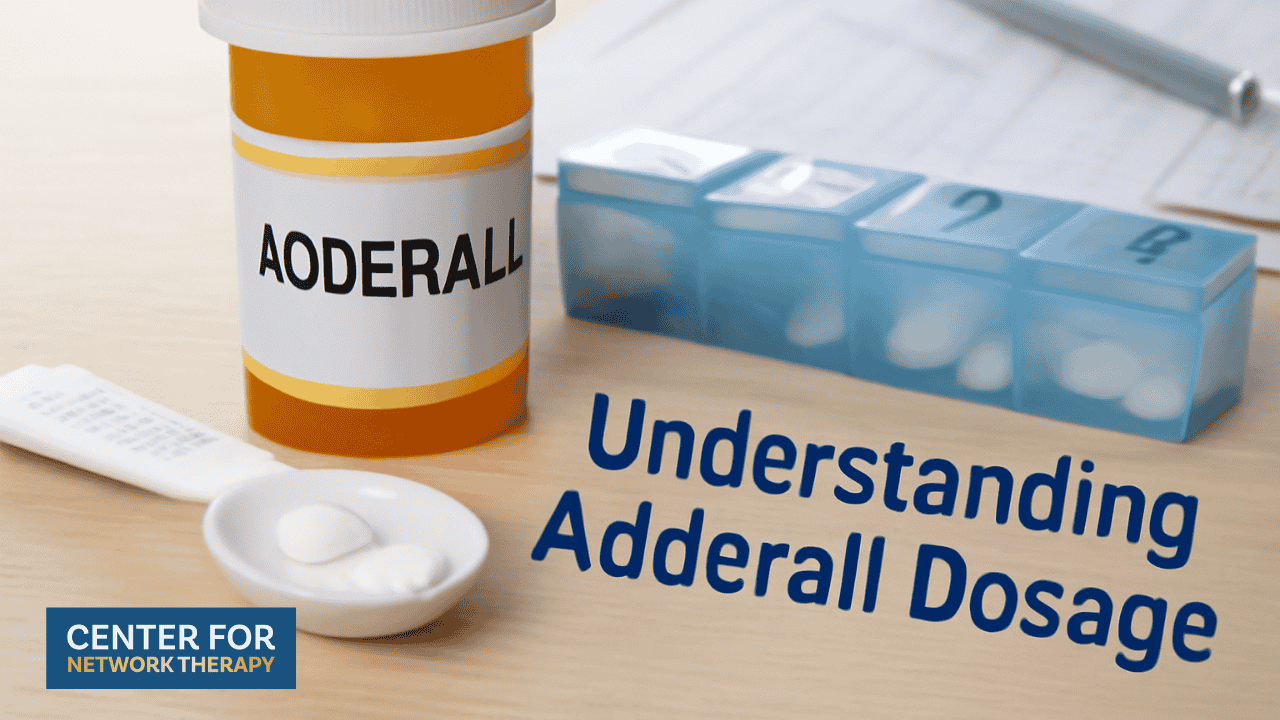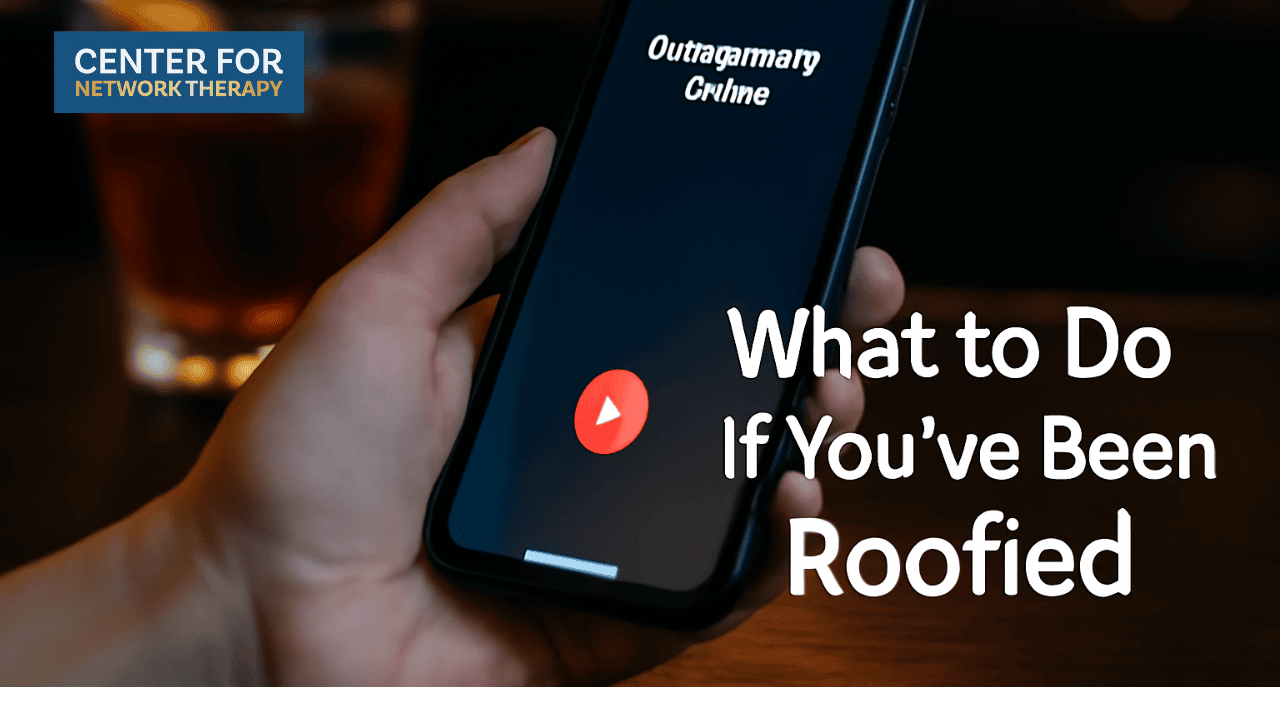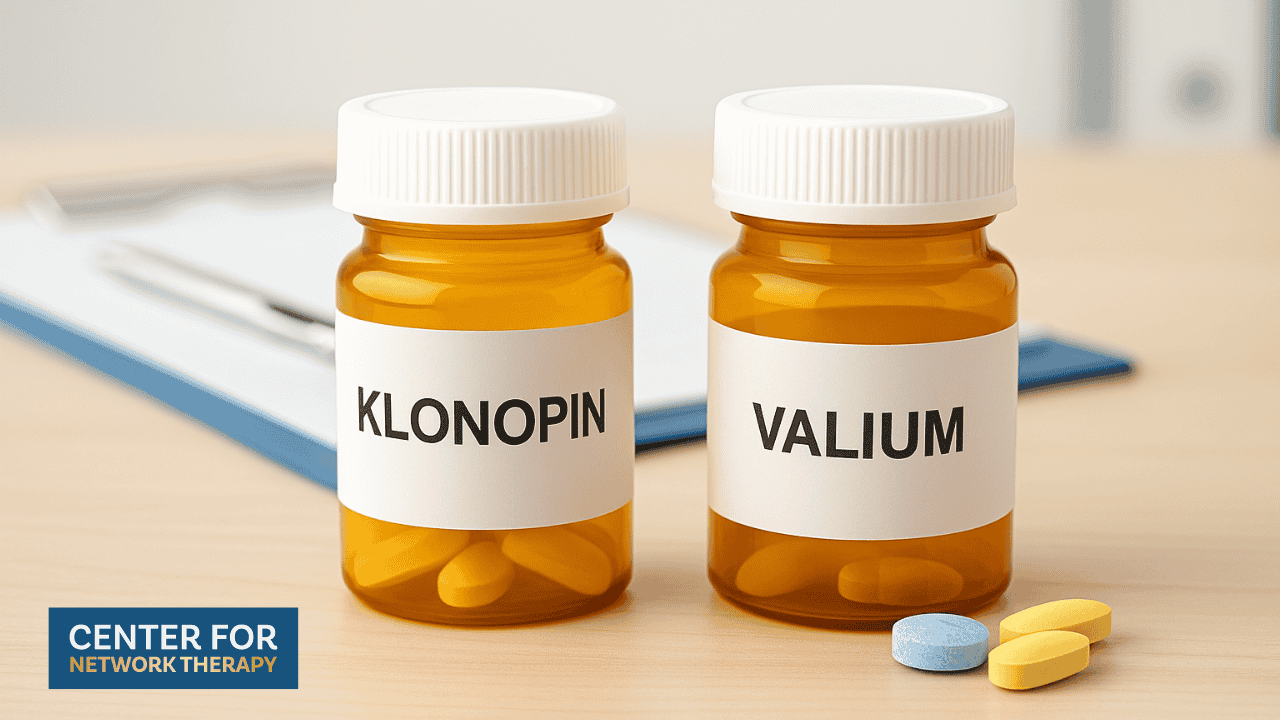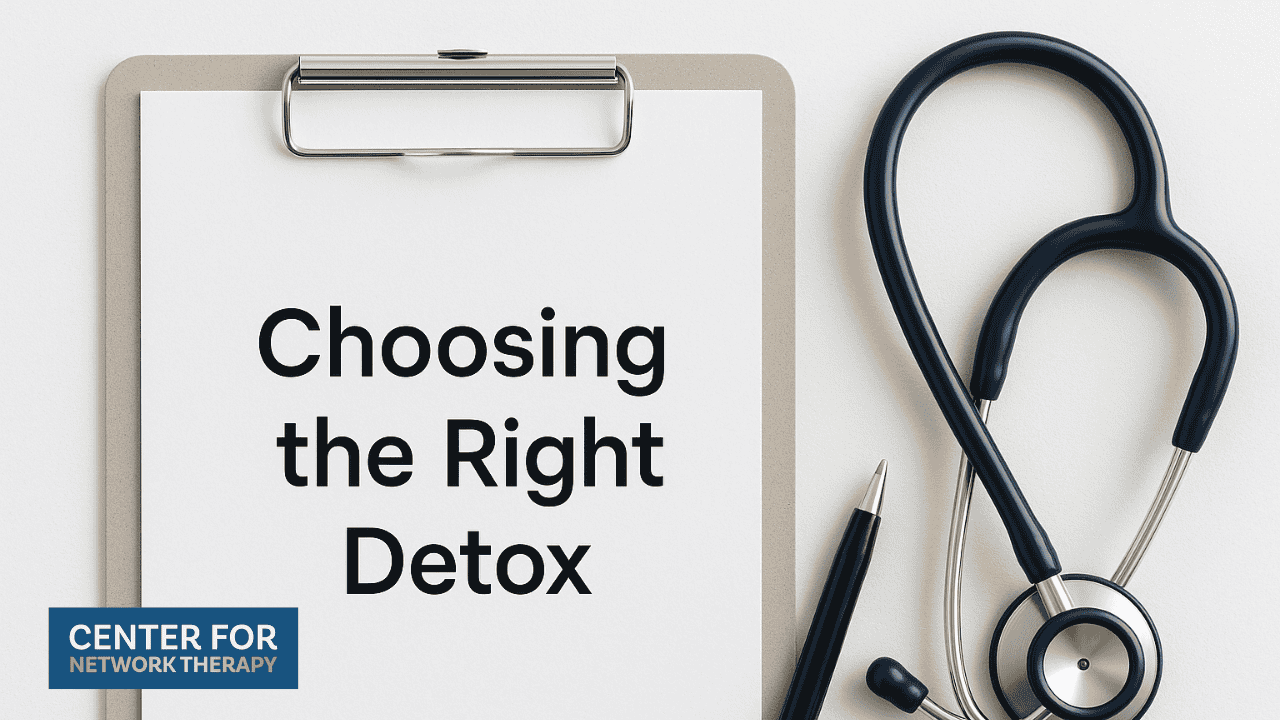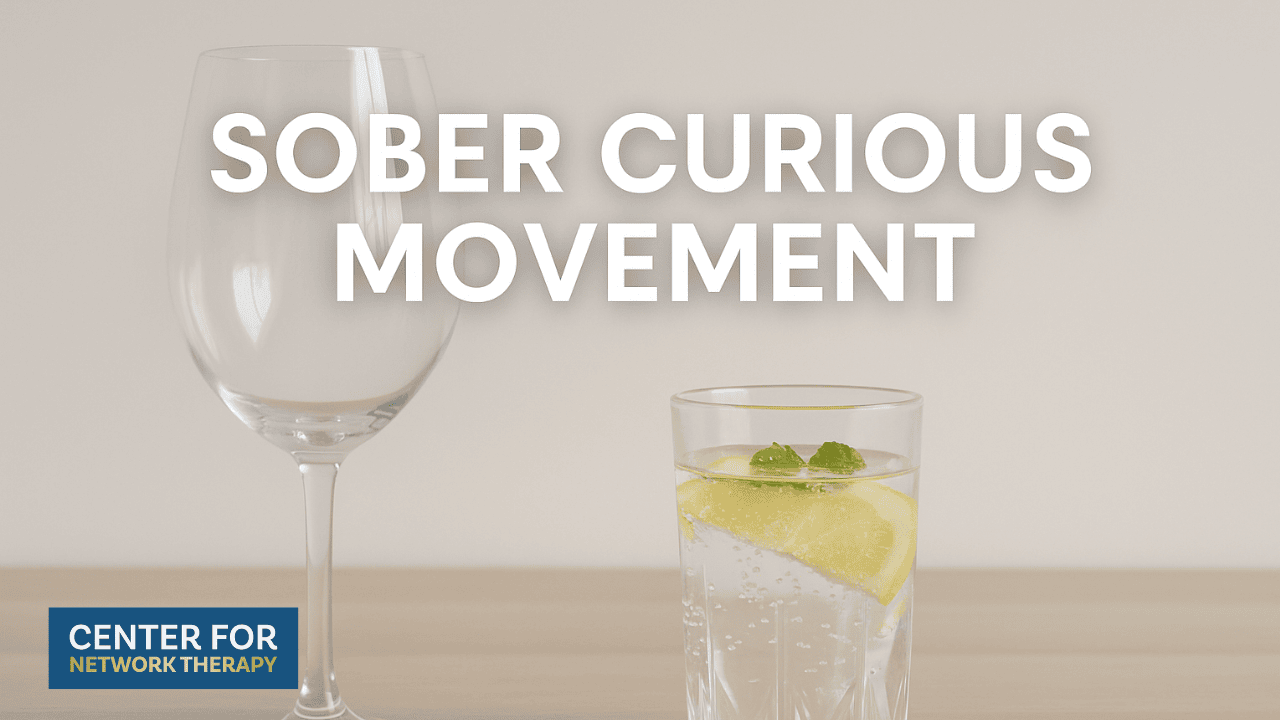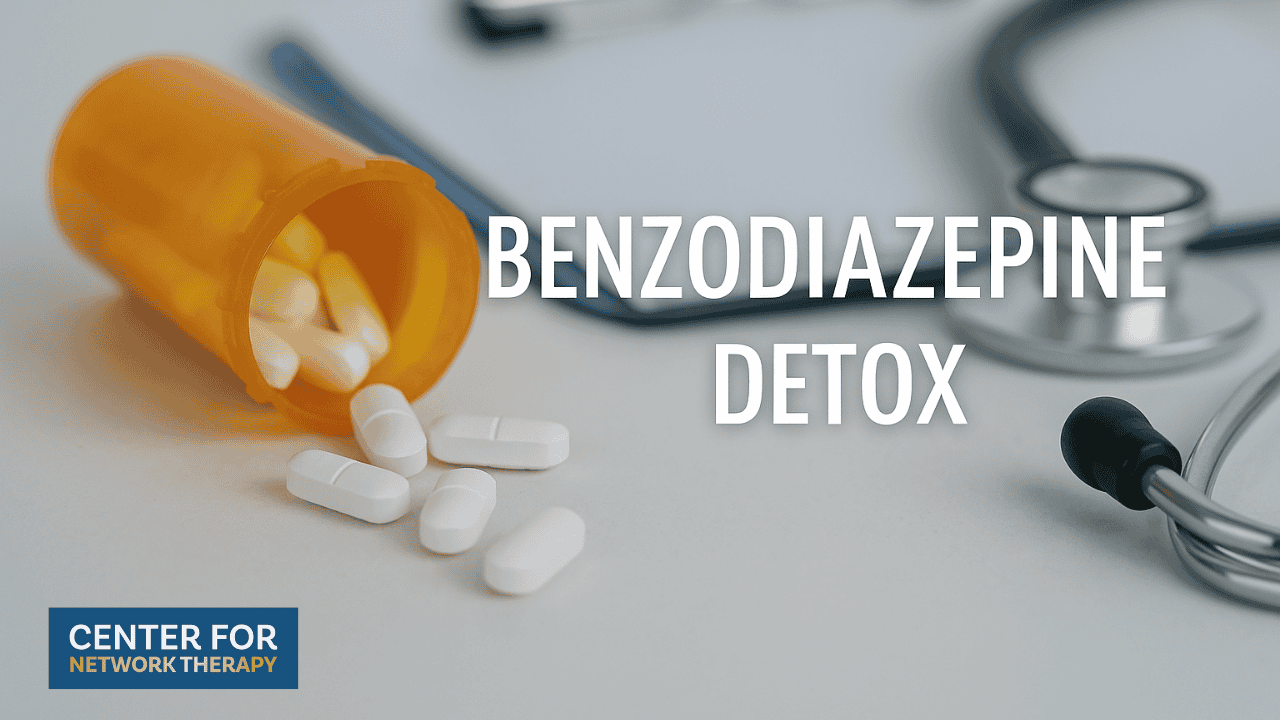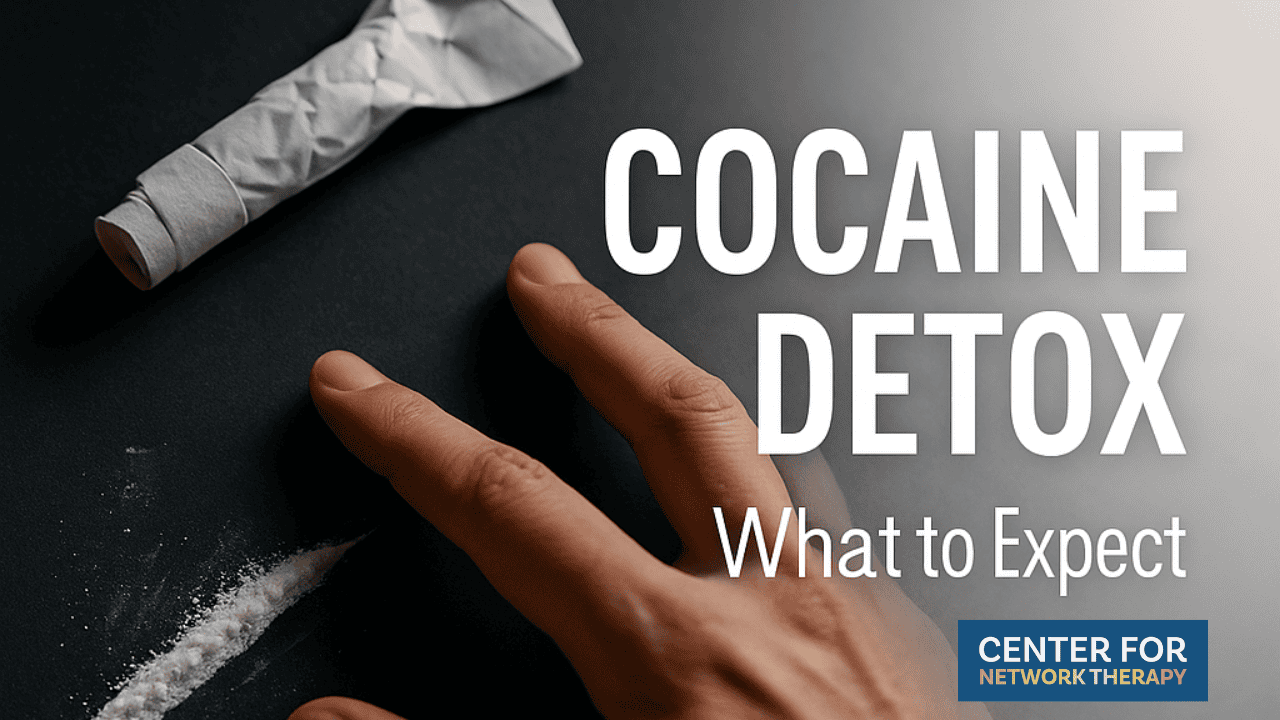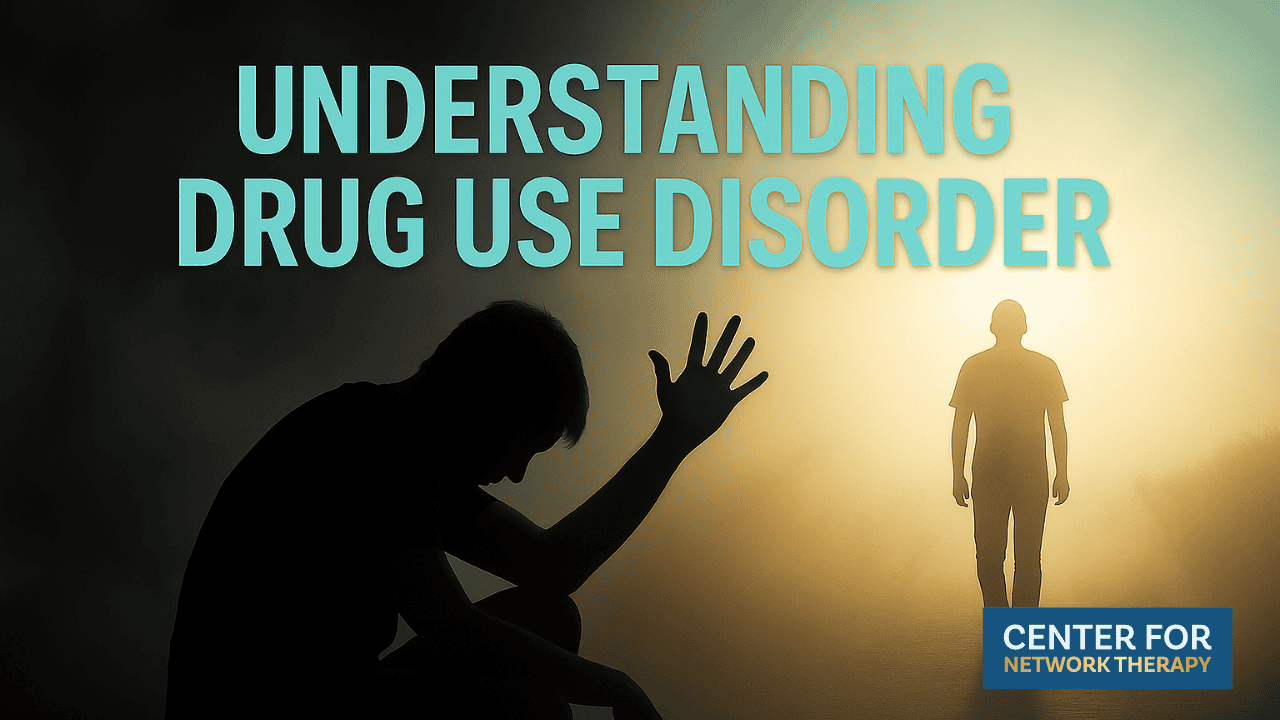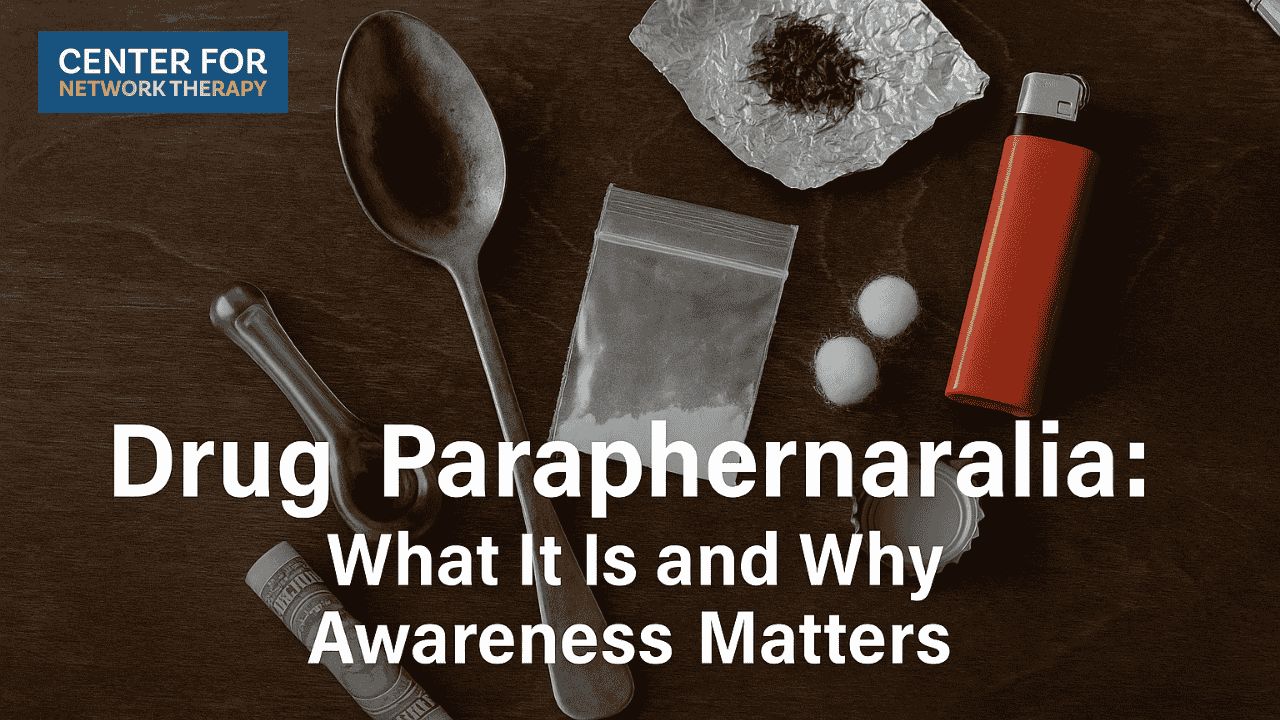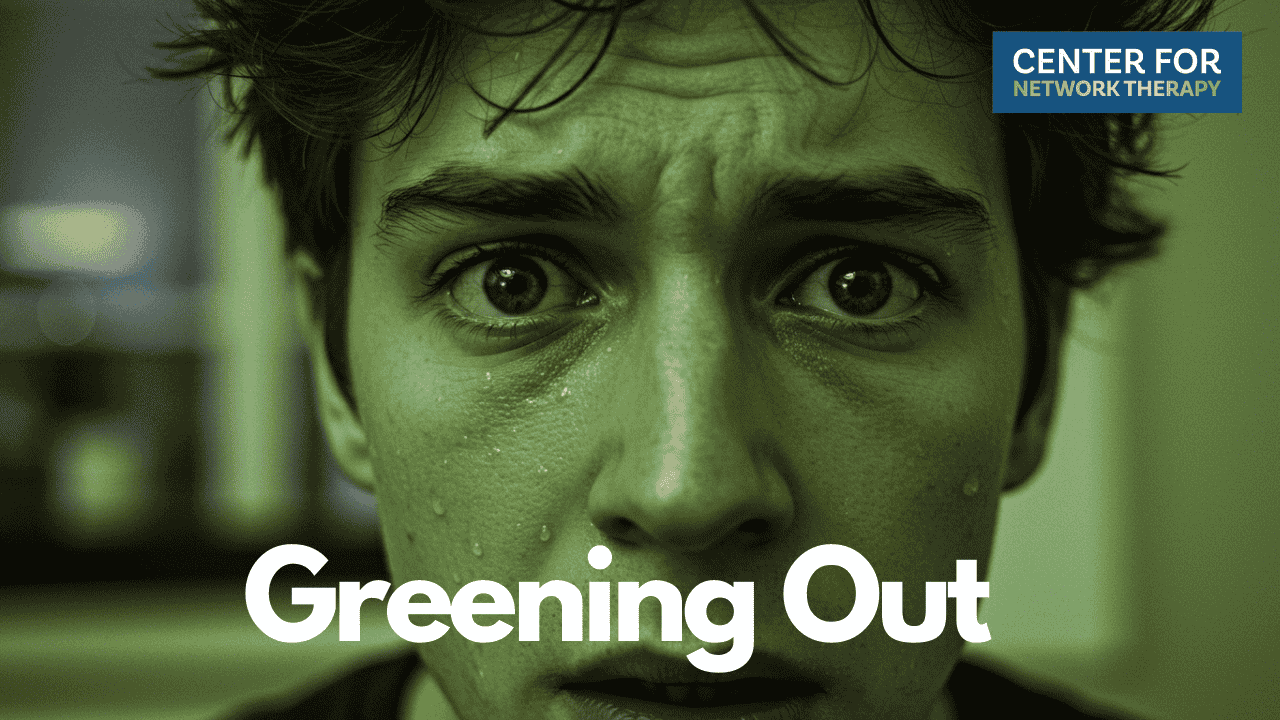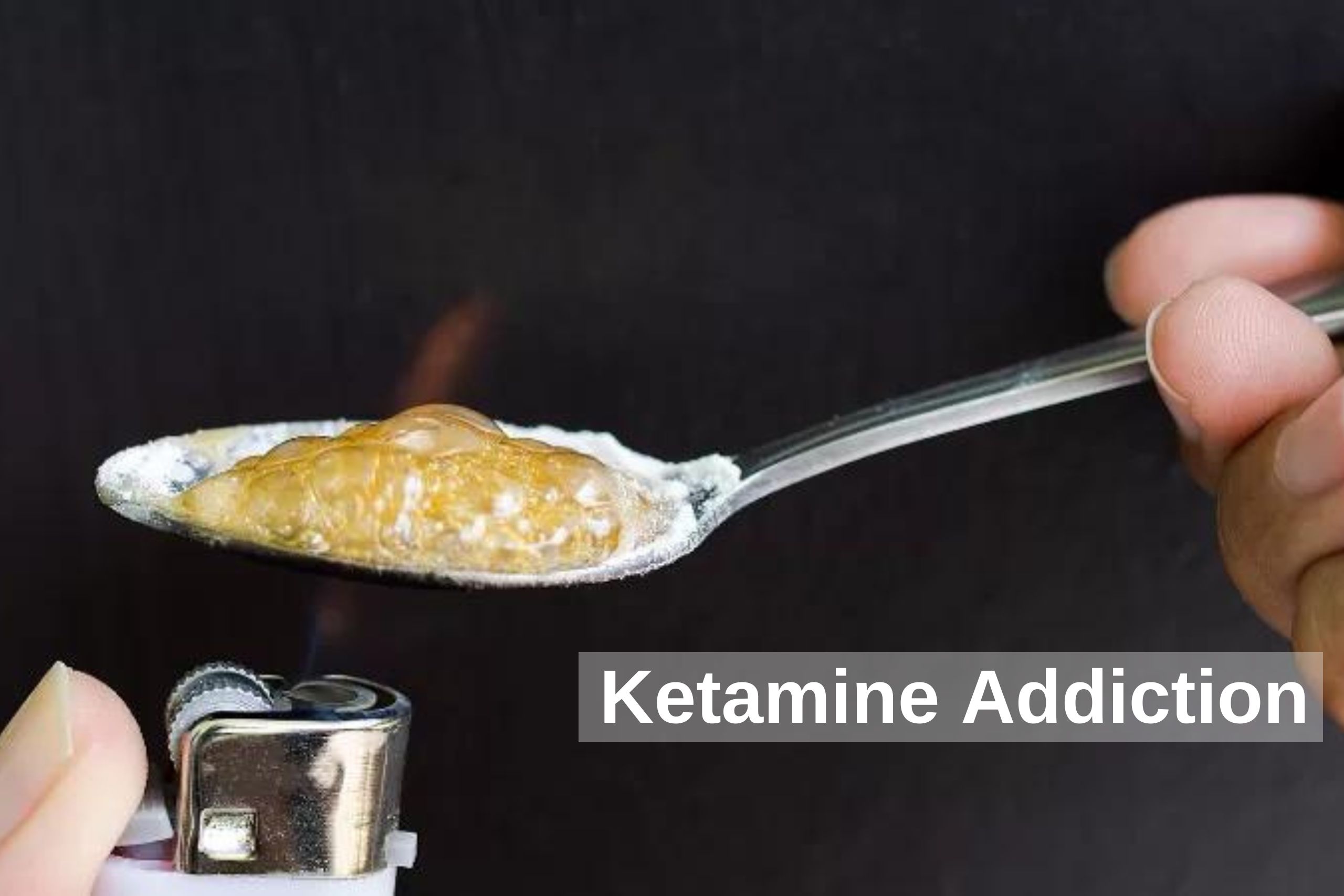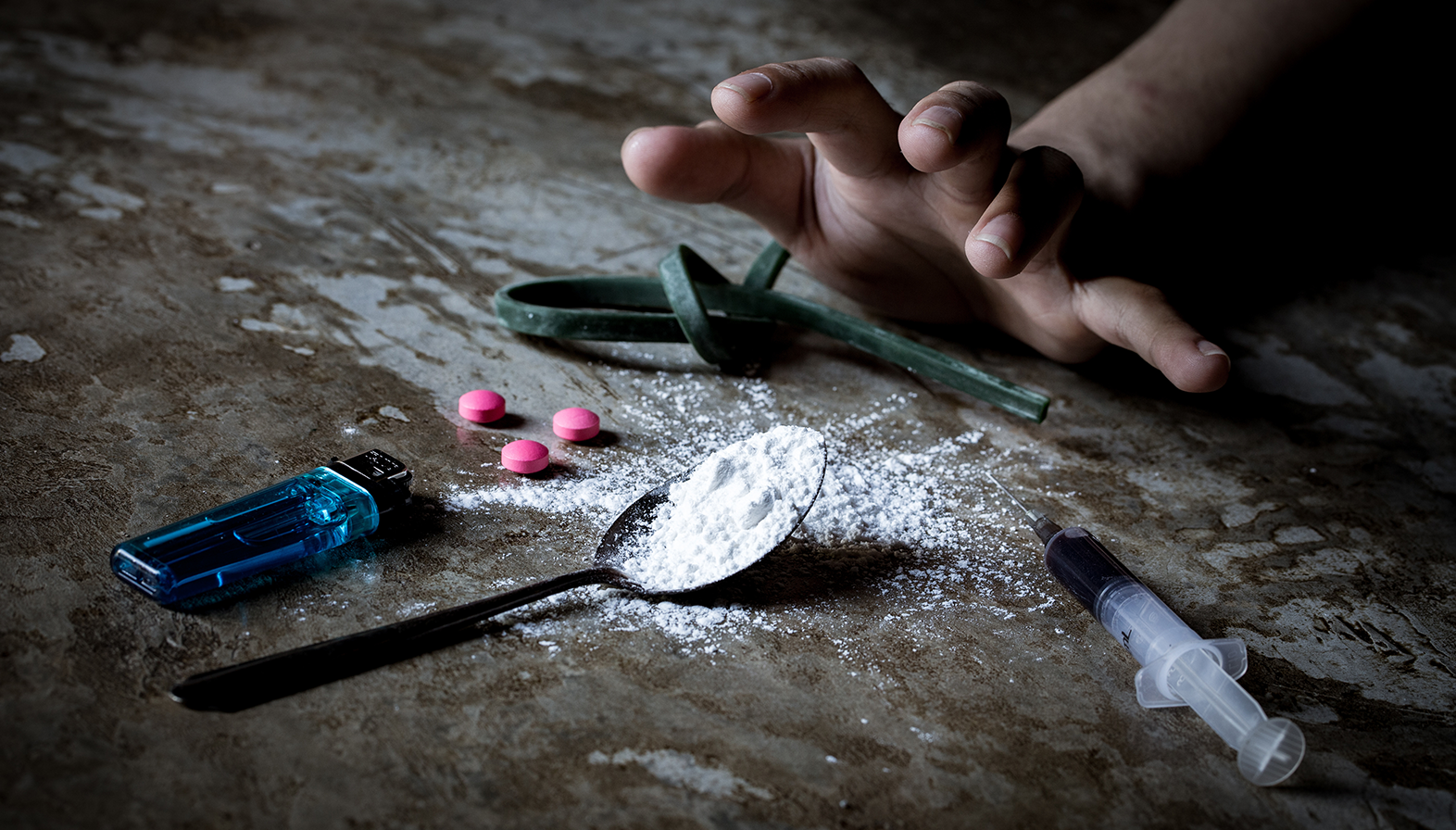Watching someone you care about struggle with any kind of addiction is never easy. When it comes to porn addiction, it can feel even more difficult to talk about. The topic is sensitive, often misunderstood, and surrounded by stigma. But your support can make a real difference.
Whether you’re a friend, partner, or family member, this guide offers compassionate, practical ways to help without judgment or pressure.
Table of Contents
ToggleWhat Is Porn Addiction?
Porn addiction is not officially classified as a substance use disorder, but it shares many of the same behavioral patterns. It often involves compulsive viewing of pornographic content that interferes with daily life, relationships, mental health, or responsibilities.
Some people may:
- Struggle to stop even when they want to
- Feel shame or guilt afterward
- Use pornography to cope with stress, loneliness, or anxiety
- Find that it’s affecting their work, focus, or relationships
Addiction doesn’t always look dramatic. Sometimes it hides behind routines, isolation, or secrecy. Being present, informed, and nonjudgmental is one of the most impactful things you can offer.
How to Start a Conversation?
Approaching someone about any addiction can be uncomfortable. But silence often fuels shame. Here are a few ways to make space for dialogue:
- Choose a time when you’re both calm and not distracted
- Speak with kindness, not blame
- Focus on how you’ve noticed they’re struggling, not what they’re doing “wrong”
- Ask how they’ve been feeling rather than diving into the specifics of behavior
You might say: “I’ve noticed you’ve seemed overwhelmed lately. I care about you and I’m here if you ever want to talk.”
How You Can Offer Support?
Support is about showing up, not fixing everything. Here are a few ways you can be present for someone who is struggling:
- Let them know they are not alone
- Encourage them to explore professional support or counseling
- Offer to help research therapists or support groups if they ask
- Respect their pace and privacy while staying open
- Remind them that struggling does not make them broken
If they’re open to it, you might explore recovery-focused resources together. This can make the process feel less isolating.
When to Suggest Professional Help?
If the person feels unable to stop despite negative consequences or is experiencing anxiety, depression, or relationship strain, professional support can help them address the deeper patterns behind their behavior.
CNT focuses on outpatient recovery for substance use, but many of the same principles apply to behavioral issues like compulsive habits. Understanding the relationship between addiction and mental health can be a good place to start.
What Not to Do?
Even with the best intentions, some reactions can be harmful. Try to avoid:
- Shaming or guilt-tripping
- Threatening consequences to force change
- Constant monitoring or control
- Assuming recovery will follow a straight line
People need encouragement, not pressure. The goal is to keep communication open and trust intact.
Taking Care of Yourself Too
Supporting someone in recovery can be emotionally draining. It’s okay to have your own boundaries and seek support for yourself. Whether through counseling or peer support, caring for your own mental health helps you show up in a more grounded way.
Final Thoughts
Recovery is a process, not a switch. Your role isn’t to fix the problem but to be a safe space as they begin to understand it.
If you’re not sure where to start, reaching out for guidance can help. Visit our Contact Page to speak with someone from our team or explore our Blog Center for related resources.
Sources:
- American Psychological Association: Is Pornography Addictive?
- NCBI: Problematic Pornography Use
- Psychology Today: Porn Addiction Recovery
Disclaimer: This blog is meant to offer guidance and education, not medical advice. If you’re feeling uncertain about your relationship with substances, you don’t have to figure it out alone. A healthcare provider can help; or if you’re not ready to talk, our anonymous self-check quiz is a gentle place to begin.




